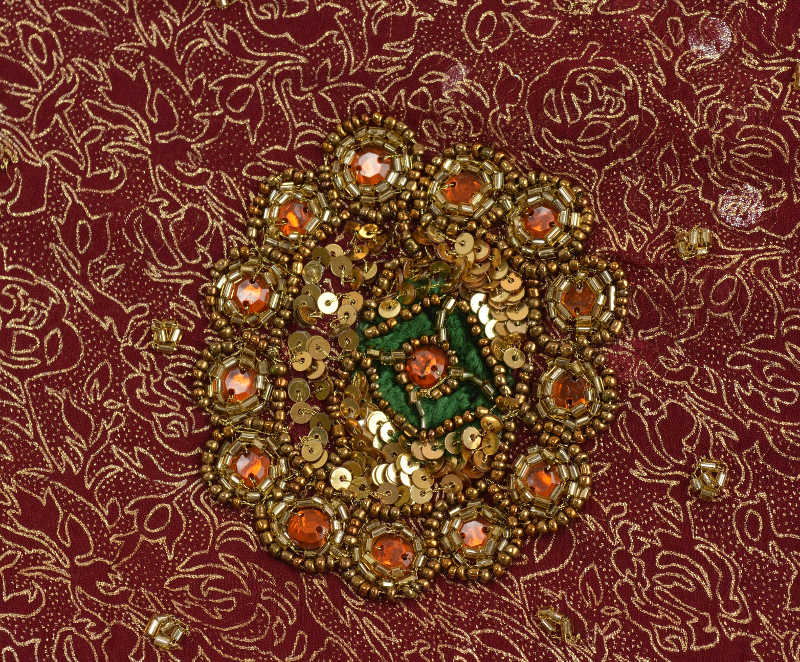===
0429,
2
===

=== |
 |
FWP:
SETS == BHI
MOTIFS == GATHERINGS
NAMES
TERMS == THEMEAs SRF notes in his fourth point, the use of bhī is especially effective here. 'We too' were present (like many others); or 'we too' were standing silently (like many others)-- or 'even we' were present or standing silently (unlike others, in a special humble or undesirable class of our own).